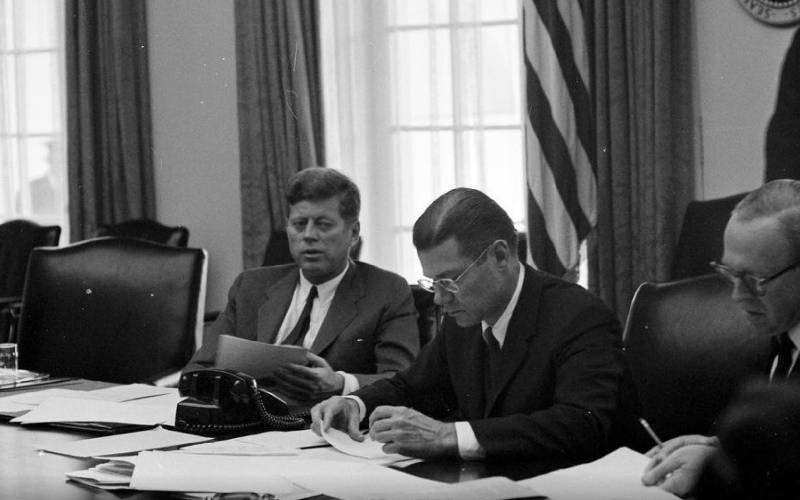×
The Standard e-Paper
Stay Informed, Even Offline

President John F Kennedy ordered a blockade of Cuba and demanded an immediate withdrawal of the missiles. [File, Standard]
Mr Winston Churchill, former British Prime Minister and a prolific writer, said “the further back we can look, the further into the future we can see.”